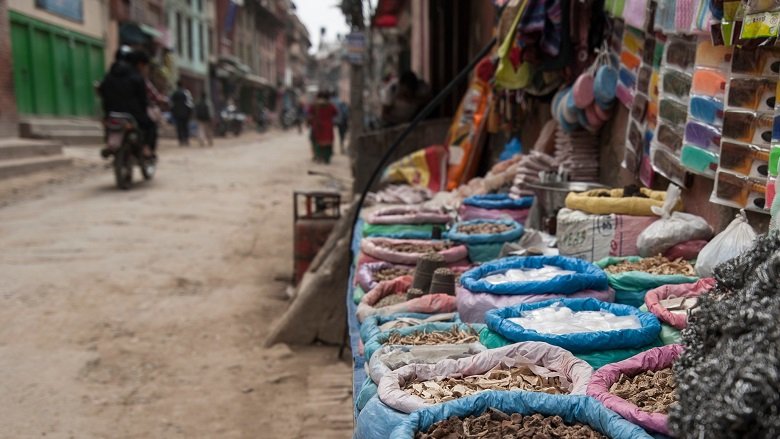Nepal cardamom (also known as “black gold”) is not only a major ingredient in local cuisine, it is also one of the country’s top 12 exports. In 2019, over US$44 million of whole, crushed, and ground cardamom was exported, representing almost 5 percent of Nepal’s total export value that year.
For Nepalese traders, before the cardamon is exported, it has to be sent to neighboring India for testing. According to Sundar Dahal, Managing Director of Starlight Express – a local import and export company – driving 600km to get an export certificate is not uncommon. “We don’t have a proper testing lab in Nepal, so we have to drive across the border to get our products tested.”
Testing and certification helps traders, like Dahal, meet export requirements to ensure their products are safe for importing countries and do not introduce and spread any non-native pests, diseases, and other food safety hazards.
However, obtaining testing from India comes at a cost. Traders have reported that compliance verifications outside of Nepal can cost up to US$1,700 per shipment, representing in some cases 50 percent of its value. These hurdles mean that exporting cardamon – a resource so readily available in the country – and other valued agricultural commodities is often a costly and timely pursuit.
Traders also experience unpredictable export processing times and a multitude of other problems. Some cited a lack of information on requirements to expand into new markets, a lack of expertise by officials at border points, insufficient government capacities, as well as a lack of digitalization of trade processes that lead to burdensome and duplicate paper-based processes.



